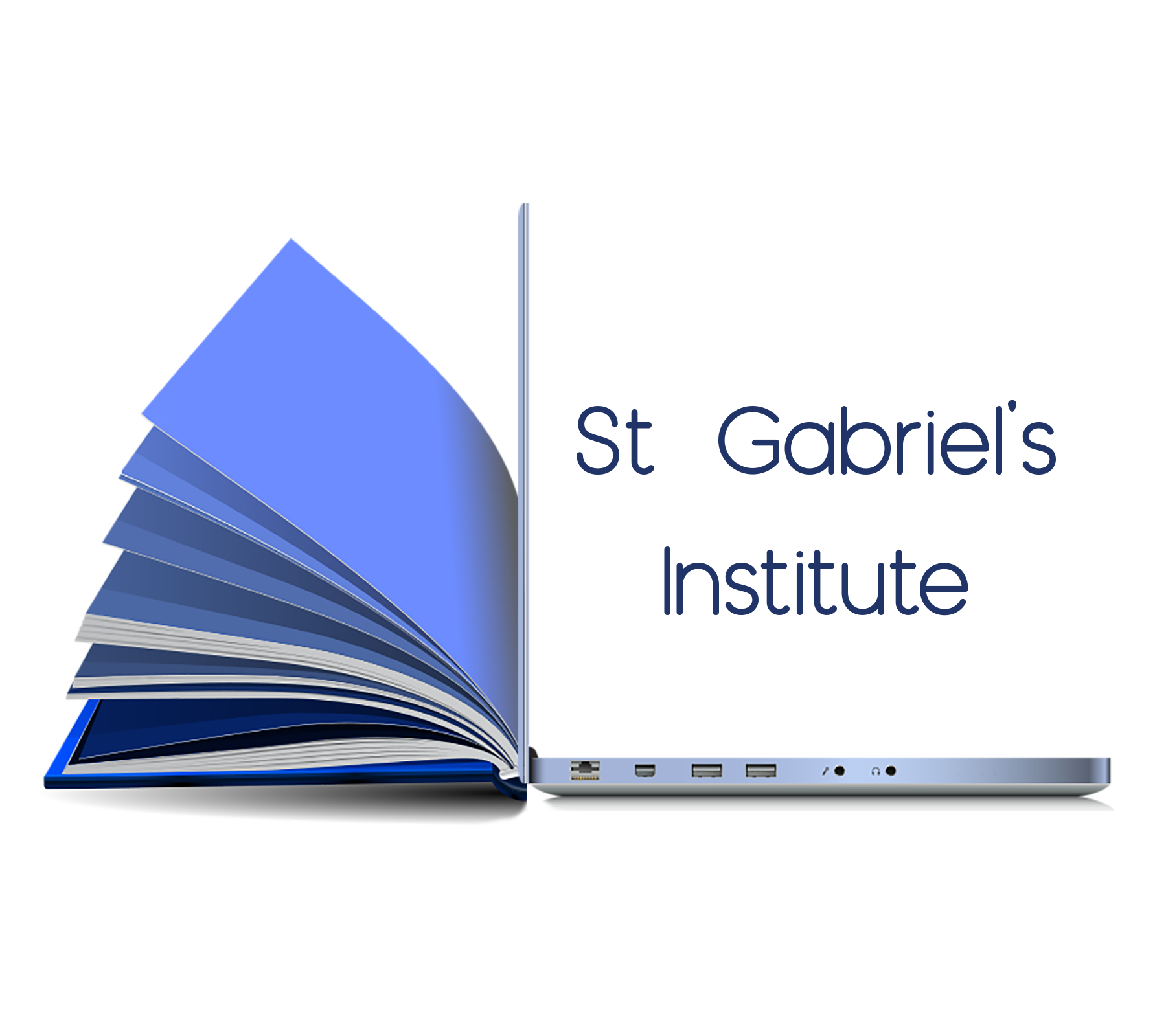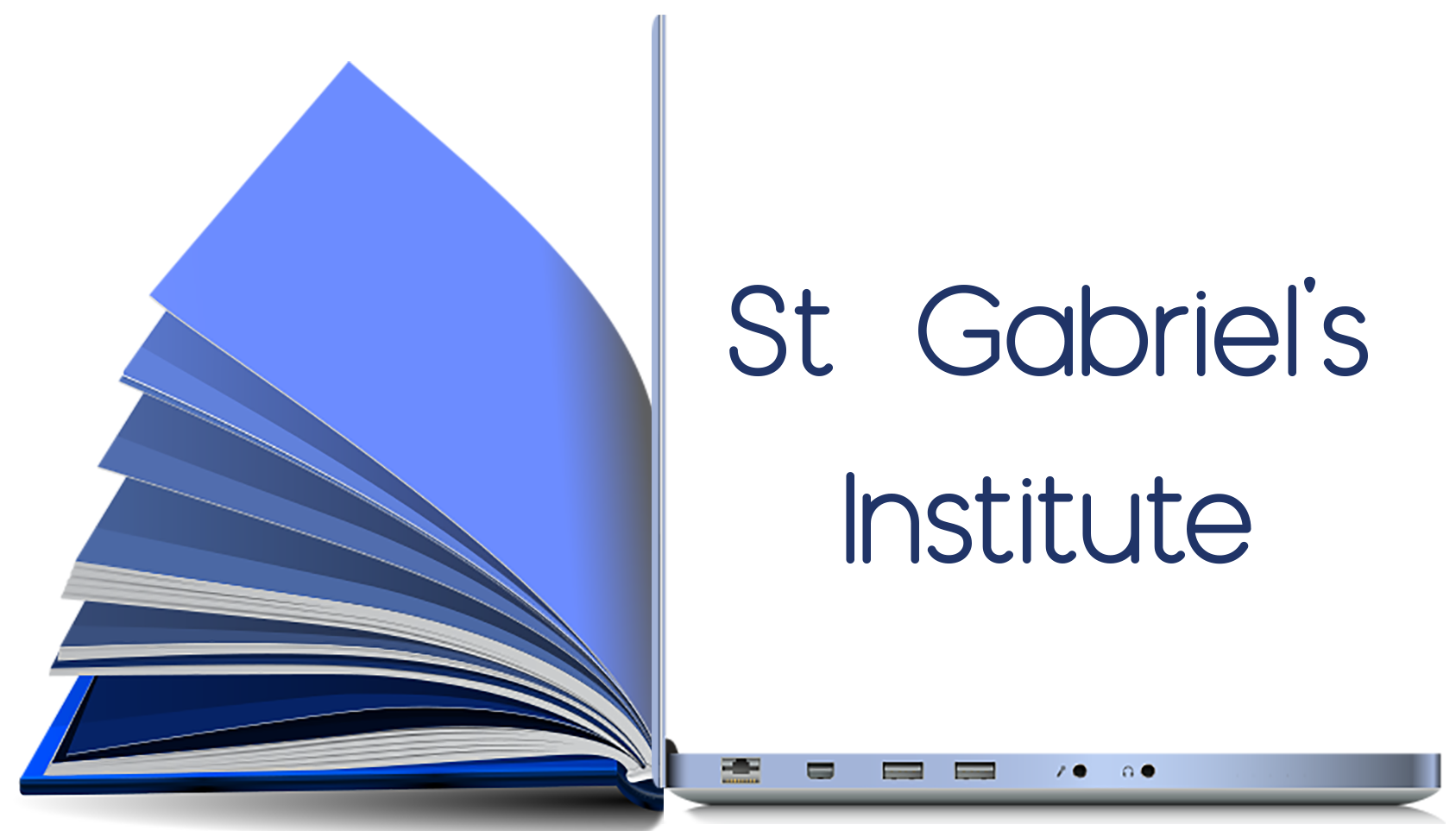Course Rationale
Participants will be offered the chance to gain the necessary skills to be able to re-enter the labour market or education via a personalised training programme aimed at overcoming the obstacles that impede their full inclusion in society. While the course does not provide hands on work experience, it is envisaged that the skills gained will greatly enhance the job prospects of participants.
Entry Requirements
Basic understanding of Maltese or English (CEFR Basic User, Level A21).
Two versions of the course will be provided, one in English and one in Maltese, and participants will be assigned to the relevant course according to the language they are most fluent in.
Course Objectives
The learners will acquire the knowledge, skills and competences to:
- Describe the benefits of being self-aware.
- Self-disclose with appropriate boundaries.
- Be attentive to the words they choose when communicating (verbal); how they state the words (paraverbal); and their body language (nonverbal) and be aware of these in others.
- Send and receive messages with more attention to the process, aiding effective communication.
- Adopt a posture that indicates involvement when communicating.
- Describe key aspects of their personality.
- Write a complete Europass CV using techniques to maximise effectiveness Update theirexisting CV with the aim of enhancing effectiveness.
- Critique a CV for effectiveness
- Take responsibility in finding future employment/training that suits themand is in line with their interests and skills.
Learning Outcomes
The learners will be able to:
(a) Send and receive clear messages
(b) Listen without judgement and interpretation
(c) Deliver constructive feedback
(d) Respond assertively
(e) Understand basic principles of presentation skills following their short
self presentation
(f) Listen to and pick up on key points of other’s experiences from other
presentations
(g) Apply key communication skills linked to sending and receiving effective messages to stand out in interviews
(h) Manage and have an awareness of their verbal, paraverbal and nonverbals in interview context
(i) Make connections between their interests and strengths and the current market trends/opportunities
(j) Seek information about opportunities as part of the decision making process
(k) Apply their awareness of their key strengths and interests appropriately in their CV writing
(l) Appropriately use key action verbs to describe their experience in the CV
The learners will be able to:
(a) Understand how to communicate better
(b) Reflect on experiences by self and others during presentations and work experiences
(c) Reflect on the skills/qualities which will make them more employable
(d) Reflect about key persons, interests and experiences in their lives
(e) Collaborate and participate with more confidence in group activities
(f) Read materials about accessing the job market
Pedagogical Guidelines
The training will be delivered in classroom sessions. However, the teaching methods will include a mix of group work and interactive sessions. Since the target participant group are unlikely to be very comfortable with extensive writing and lecture type format sessions, it is envisaged that most of the learning will be achieved through experiential methods, both individually and in small groups, giving participants the opportunity not only to understand the relevant skill but also to practise it in a safe setting. Worksheets will be provided where needed, and each exercise will be followed by discussion and processing. The classroom will be organized in a circular setting wherever possible, and participants will be given ample opportunity to receive feedback from their tutors and peers.
Assessment
Participants will be assessed during class participation exercises. Tutors will be provided with a checklist with specific competencies which they have to complete for everyone in each assessment exercise. To reduce bias, a second tutor will separately assess the participants, and both marks will be averaged to arrive at each participant’s final mark. The completed sheets will also be useful as feedback for participants, clearly indicating their strengths and weaknesses, and thus pointing out the areas they need to work on further. Participation in the activities and discussions is therefore strongly encouraged. Participants are also expected to attend for at least 80% of the training sessions (minimum of 64 contact hours)
A portfolio comprising, including all completed checklists, will be kept for each participant to mark the skills learnt. The trainer will verify the skills learnt by observing the participant during class exercises and assign a mark and feedback for each session. Each session will carry 10 marks for a total of 200 marks (20 sessions x 10 marks each).
Some exercises carried out during the sessions, those relating to the writing and evaluation of participants’ CVs, will involve specific written outcomes. This work will also be collected as part of the participants’ portfolio.
Pass mark: 50% (100 marks out of 200 marks)
Accreditation
The Course will consist of 3 modules of 1 ECTS each, which are compulsory and 1 module from the specific modules which also carry 1 ECTS. Once the 4 modules are completed the student will be awarded 4 ECTS at MQF Level 2. The whole course will consist of 100 hours of learning. The modules are as follows:
Core Modules:
Module 1 – Motivation and Behavioural Skills
Module 2 – Interpersonal Skills and Communication Skills
Module 3 Job Searching and Application Skills
All participants will be required to participate in the Core Modules. Following a specific profiling process, participants classified as Normative will participate in Module 4, Internalising participants will participate in Module 5, and Externalising participants in Module 6.
The specific modules also carry the weight of 1ECTS.
Specific Modules:
Module 4 – Budgeting Skills/ Advanced Communication Skills
Module 5 – Social Anxiety Management/ Personal Care and Hygiene
Module 6 – Anger Management/ Improving Attention



